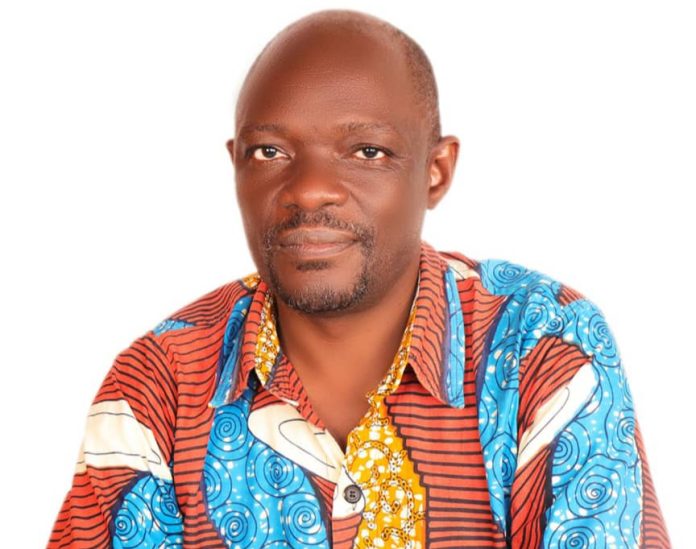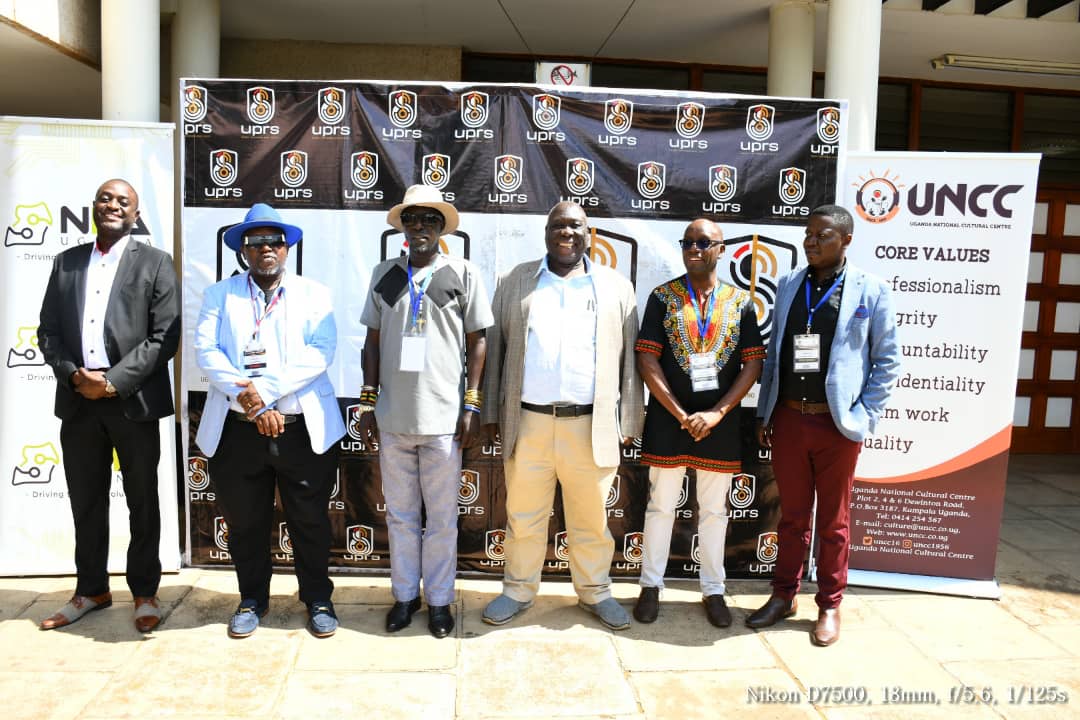By: Charles Batambuze
A recent public notice issued by the Uganda Revenue Authority (URA) to tax public entertainment events generated heated debate within and outside the creative industries. On the one hand, a lot of stakeholders are glad that government is finally getting to recognize the sector’s valuable contribution to the economy.
While on the other, there have been guarded criticisms of the rush by various Ministries, Departments and Agencies that want a piece of the creative industry while ignoring efforts to make art pay for creators. The rush and hush is understandable, given that culture and creative industries collectively contribute UGX 47.1 trillion to the GDP. They also provide direct employment to 386,000 people, mostly the youth. They represent one of the fastest growing sectors with the highest potential to support the country’s quick recovery post-covid-19 and the economic recession.
They rely on abundant creative talent and the diversity of cultures of Uganda. These are resources which can’t be depleted.
This inexhaustible capacity to create wealth makes creative industries a good candidate for meeting the country’s tax goals. It contributes through non-tax revenues (NTRs) and direct taxes. There are non-tax revenues such as those collected by Uganda Communications Commission (UCC); and Uganda Media Council that have a raft of license fees that creators pay to secure various permissions to work in the industry. In addition, the Uganda Registration Services Bureau (URSB) has NTR potential of 12,000 SMEs that would contribute filing fees and other charges.
On the side of direct taxes, the creative industry is already a source of growth for other industries. The top tax payers in Uganda that include telecoms and breweries rely on content from the creative sector which is a major driver for their business models and profits which are taxed. This also accounts for their dominance of top tax payer slots. As an example, one revenue stream- the Caller Ring Back Tunes (CRBTs), telecoms have in the past collected UGX 78 billion. This is distributed as follows: Government taxes 50%, telecoms 35% and aggregators 13.2%. This leaves the artist with a paltry 1.8%, moreover before income tax. Last year, artists raised concerns over this exploitative CRBTs revenue share.
They petitioned the Minister of Justice and Constitutional Affairs to intervene by providing regulated revenue share that favours artists. The biggest challenge facing the creative industry is that most of the content that includes music, films, visual arts and literature is consumed without remuneration of the creators. This has led to a loss of UGX 321 billion per annum in uncollected royalties. Most businesses like broadcasters, hospitality, public transport, communication, public administration, education and professional services use this content but do not pay royalties to creators. The surprising thing is that the same users turn around to sometimes complain about the quality of content or even raise concerns about the high cost of local content.
It should be noted that rampart piracy hurts the prospects for creative enterprises to achieve the required economies of scale needed for their content to be competitive in terms of price, diversity and quality. Whilst the entry of URA into the creative industries may lead to its formalization, the same could derail content licenses offered by collecting societies. A lot of users seem to think that compliance with statutory licenses by UCC or as in this case, the payment of taxes to URA clears them to freely use content. This is something that leaves copyright products under unpaid exploitation hurting the business prospects for creative industries.
The correct approach will be for URA to join hands to make art pay for those who create it. This is important to increase profits and open the industries for more commercialization thereby increasing the tax base. This is the calling that URA needs to respond to so they can tax more than concerts.
The Writer is Executive Director, Uganda Reproduction Rights Organisation & Vice Chairman, National Culture Forum












